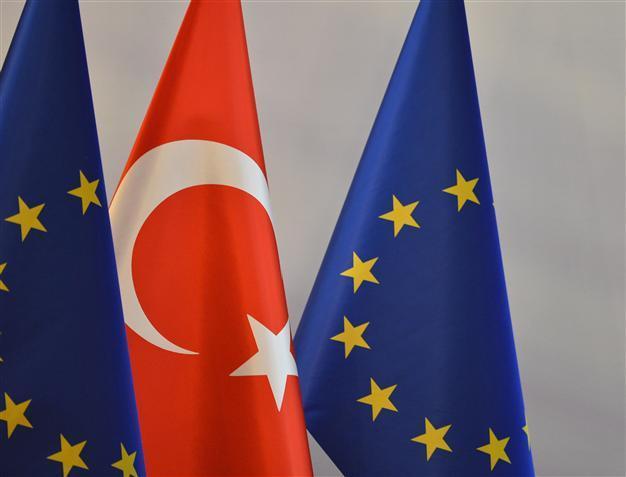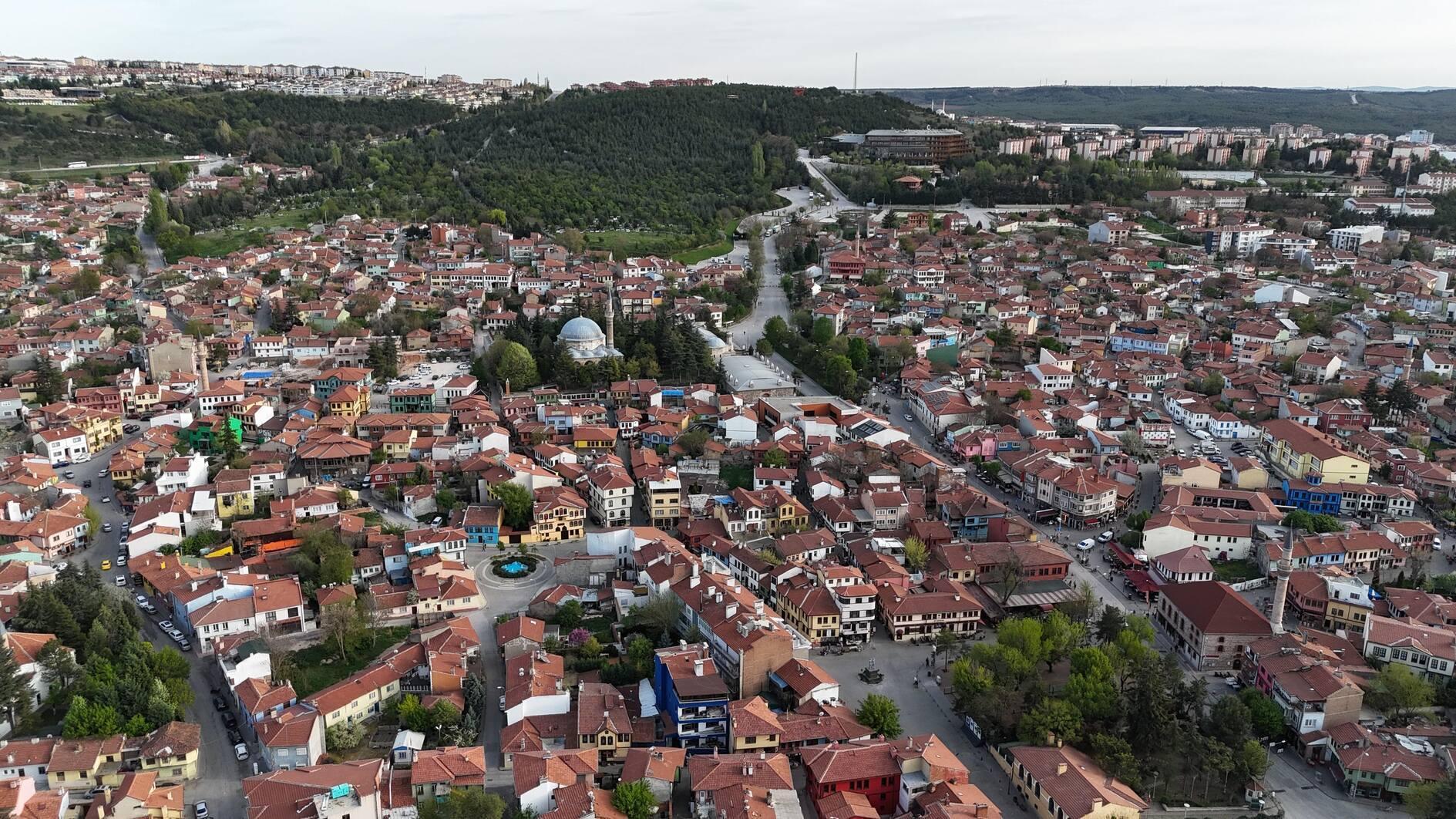Turkey and EU drifting apart, says Independent Turkish Commission
ISTANBUL – Doğan News Agency
 Rather than drawing closer together, the EU and Turkey are drifting apart due to growing authoritarianism in the latter, stuttering growth, and a faltering Kurdish peace process, non-governmental organization the Independent Turkish Commission warned on March 17.
Rather than drawing closer together, the EU and Turkey are drifting apart due to growing authoritarianism in the latter, stuttering growth, and a faltering Kurdish peace process, non-governmental organization the Independent Turkish Commission warned on March 17.Turkey is no longer “the rising regional star” that it was during the first half of then-Prime Minister Recep Tayyip Erdoğan’s 12 years in office, stated the Commission, which is led by Martti Ahtisaari, a former president of Finland and Nobel Peace Prize laureate.
“Today, Turkey faces myriad challenges: Growing authoritarianism, unimpressive growth, and a faltering Kurdish peace process,” the Commission said in an open letter addressed to the Turkish government and the EU.
“With a 900-kilometer border with Syria, it is hosting nearly two million Syrian refugees and is vulnerable to attacks and infiltration by the Islamic State [of Iraq and the Levant, ISIL]. Tensions with both Iran and Israel have become deeply entrenched, and the country has become increasingly dependent on energy from a revanchist Russia,” it stated.
“Turkey cannot confront these challenges alone,” the Commission added, pointing to the fact that the EU accounts for almost 40 percent of Turkish trade, 70 percent of its foreign direct investment, and more than 50 percent of its tourism industry. “The country’s economic ties with its southern neighbors have spiraled downward since the Arab Spring in 2011,” it said.
“This reality is reflected in Turkish public opinion, with support for the EU rising from a low of 34 percent in 2009 to 53 percent last year. Simply put, Turkey is waking up to the reality that it has no attractive alternative to the EU and close cooperation with the transatlantic community,” the Commission also stated.
It said the EU has never had a greater interest in a stable, democratic, and Western-oriented Turkey, and that without Turkey’s cooperation, Europe and the international community would struggle to confront the threat of foreign fighters, defeat ISIL, stabilize Iraq, and craft a political solution to the Syrian quagmire.
“Yet, rather than being drawn closer together, the EU and Turkey are drifting apart. Freedom of expression, the separation of powers, and the rule of law have been progressively eroded under Erdoğan. The country risks being sucked into the region’s sectarian conflicts – and being tempted by the authoritarian sirens of Vladimir Putin’s Russia,” the Commission said.
The EU-Turkey relationship hit a new low at the end of last year, when Turkey increased its pressure on media close to the self-exiled Islamic leader Fethullah Gülen, it said. “The clampdown triggered strong criticism by the EU, which Erdoğan, in turn, angrily rejected.”
“Some in Europe argued that the deterioration of rights and freedoms in Turkey was so serious that the already-moribund EU accession process should be suspended,” the Commission added, also underlining Turkey’s slide in Reporters Without Borders’ World Press Freedom Index to 154th place, out of 180 countries.
“Indeed, it would be difficult to make the case that Turkey fulfills the Copenhagen political criteria. But it is unlikely that a formal suspension of accession negotiations would do anything other than remove the last incentive for Turkey to pursue democratization and EU harmonization. Instead, the EU should redouble its efforts, strengthening both its criticism of Turkey’s democratic backsliding and the credibility of its accession process,” it stressed.
Beyond the EU accession process, other important measures should be taken to rebuild trust and deliver concrete benefits to both sides, the Commission said, citing EU-Turkey cooperation on counter-terrorism, Syrian refugees, and multiple crises from Libya to Ukraine, as well as upgrading and modernizing the customs agreement, after the World Bank recently advocated and vigorously pursuing visa liberalization.
“Though these measures are not alternatives to a revamped accession process, they would help to revive it. Above all, by embedding Turkey within the European family, such measures would counter the country’s dangerous drift away from our common European values,” the Commission added.
The Open Letter was also signed by Wolfgang Ischinger, Chairman of the Munich Security Conference; Hans van den Broek, a former Dutch foreign minister and EU commissioner for external relations; Marcelino Oreja Aguirre, a former Spanish foreign minister; Michel Rocard, former French Prime Minister; and Nathalie Tocci, Deputy Director of the Istituto Affari Internazionali in Rome.
















